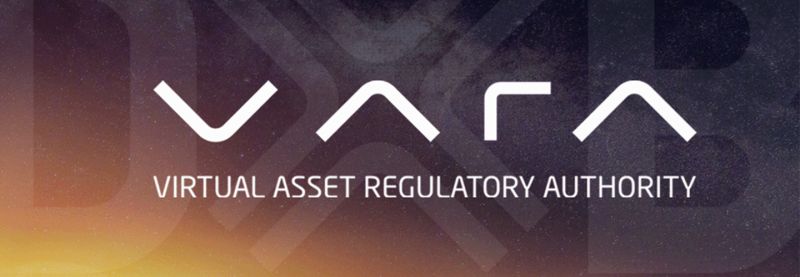
As blockchain and cryptocurrency become more popular, regulators around the world have had to make rules that are easy to understand for compliance, investor protection, and innovation. The Virtual Assets Regulatory Authority (“VARA”) is in charge of this in Dubai. Dubai Law No. 4 of 2022 created VARA, which is the first independent regulator in the world to keep an eye on virtual assets (VAs) and virtual asset service providers (VASPs).
What does VARA mean?
The regulation of cryptocurrencies, tokens, and other blockchain-based assets in Dubai is ensured by the Virtual Assets Regulatory Authority (VARA). This doesn’t include DIFC because the DFSA is in charge of it. VARA’s job is to ensure the market remains safe and honest for digital assets to grows while also following the rules against money laundering and financing terrorism. A VARA license in Dubai is a mandatory regulatory approval for any business dealing with virtual assets, ensuring compliance with local laws and enabling secure, legal operation in the Emirate’s growing digital asset market.
What does it mean to own a digital asset?
According to VARA rules, any digital representation of value that can be bought, sold, or used for payments or investments is specifically defined as a virtual asset. This includes Bitcoin, other cryptocurrencies, stable coins, tokenized assets, and utility tokens.
What does it mean to be a VASP, or Virtual Asset Service Provider?
A VASP is a person or business that helps people with virtual assets. This includes exchanges that let people sell bitcoin for cash or other digital currencies.
• Places to invest, like platforms, brokers, and dealers.
• Companies that offer wallet services.
• Platforms that use tokens to give advice and raise money.
In short, a VASP is essentially any business that enables people to buy, sell, store, or invest in digital assets. These companies have to follow VARA’s rules.
What is the importance of obtaining a VARA license and when is it needed ?
Any VASP that wants to do business in Dubai or already does business there needs to get a VARA license. This makes sure that, you follow the UAE’s AML/CFT laws, you build trust with customers by following the rules; you can get into Dubai’s growing digital asset market; and; you protect your reputation, since operating without a license can get you in trouble or banned. Furthermore, a VARA license also lets investors and partners all over the world know that your business is trustworthy.
Licensing Process and Fees
The VARA licensing framework follows a two-step process:
- Initial Approval – Submission of business details, risk controls, compliance framework, and AML policies.
- Operating License – After meeting all requirements, the VASP can formally operate in Dubai.
License Cost:
- Application Fee: AED 10,000 (approx. USD 2,700)
- License Issuance Fee: AED 30,000–200,000 depending on the activity (e.g., brokerage, exchange, custody, advisory).
- Annual Supervision Fee: Ongoing compliance and monitoring costs also apply, usually proportional to revenue.
VARA Regulations – Key Highlights
The VARA framework is built on six core principles:
- Licensing & Registration: All VASPs must be licensed before operating.
- AML/CFT Compliance: Strict adherence to anti-money laundering and counter-terrorist financing rules.
- Market Integrity: Transparent trading practices, prevention of insider trading and manipulation.
- Consumer Protection: Clear disclosure of risks, protection of client assets, and secure custody.
- Technology Standards: Cybersecurity, operational resilience, and audit requirements.
- Supervision & Enforcement: VARA has authority to impose fines, suspend licenses, or blacklist entities.
Final Thoughts
Dubai’s VARA rules aim to ensure security and compliance while positioning the Emirate as a global hub for blockchain innovation. Therefore, if a business deals in crypto, fintech, or tokenized assets, it must obtain a VARA license. Not only is this required by law, but one of the most advanced financial markets in the world is also made accessible. VARA makes sure that Dubai is a safe, appealing, and forward-looking place for digital asset growth by clearly stating what a virtual asset is, who can be a VASP, and what the licensing requirements are.
